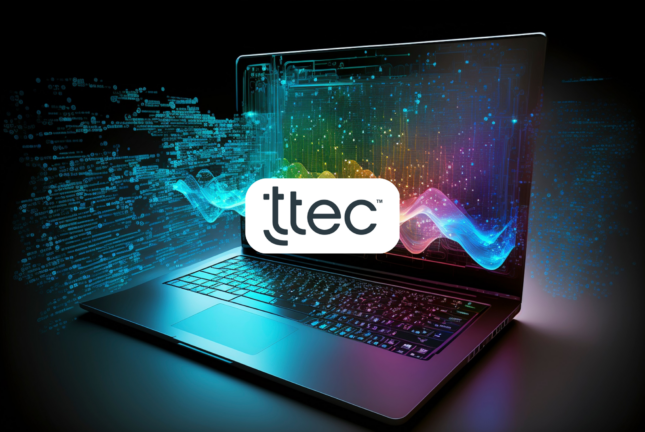Although consumers recognize the potential for generative AI and deepfake technologies to amplify identity fraud, they tend to overestimate their ability to identify deepfakes, making them more susceptible to fraudulent attacks, revealed a survey by Jumio.
“A lot of people seem to think they can spot a deepfake. While there are certainly tell-tale signs to look for, deepfakes are getting exponentially better all the time and are becoming increasingly difficult to detect without the aid of AI. While AI-powered technology will increasingly be required by businesses to spot and protect their networks and customers from deepfakes, consumers can protect themselves by treating provocative images, videos and audio with skepticism. Some quick research will usually uncover whether it’s a fake or not,” said Stuart Wells, Chief Technology Officer, Jumio.
The Jumio 2023 Online Identity Study, an annual global consumer research conducted by Censuswide, analyzed data from consumers across the United Kingdom, United States, Singapore, and Mexico. The study indicated that 67% of respondents know about generative AI tools like ChatGPT, DALL-E, and Lensa AI, which can generate fabricated content such as videos, images, and audio. Among the surveyed consumers, awareness of these tools was highest in Singapore, with 87%, while it was lowest in the United Kingdom, with 56%.
Consumers underestimate the sophistication of deepfake technology
As many as 52% of respondents express confidence in their ability to identify deepfake videos. However, this perception is based on overconfidence, as deepfakes have advanced to a level often indistinguishable from the unaided eye. This highlights a gap between consumer belief and the actual sophistication of deepfake technology.
The research emphasized the increasing difficulty in detecting these scams, as traditional warning signs like typos or fake-looking websites have become less prevalent due to the utilization of generative AI tools. In the United States, consumers experienced a financial loss of $2.6 billion to impersonation scams in 2022, an increase from $2.4 billion in 2021, as the Federal Trade Commission reported.
According to Jumio's data, there has been a consistent rise in the utilization of highly advanced deepfakes worldwide, spanning various industries. Notably, the payments and cryptocurrency sectors have witnessed a higher prevalence of deepfake usage.
There is a growing awareness of such technologies
With growing consumer awareness of these technologies, there is more recognition of their potential to streamline identity theft. As many as 57% of respondents believe that online identity theft will become more accessible as a consequence. Consumers in Singapore exhibit the highest level of understanding regarding the potential harm associated with these technologies, with 73% expressing this awareness. However, understanding decreases among consumers in Mexico (62%), the United States (49%), and the United Kingdom (43%).
Additionally, the survey revealed that 68% of respondents are receptive to the idea of leveraging a digital identity for online verification. When it comes to specific sectors, the top preferences for employing a digital identity over a physical identification document such as a driver's license or passport are in financial services, with 43% of respondents favoring digital identities, followed by government services at 38%, and healthcare at 35%.










